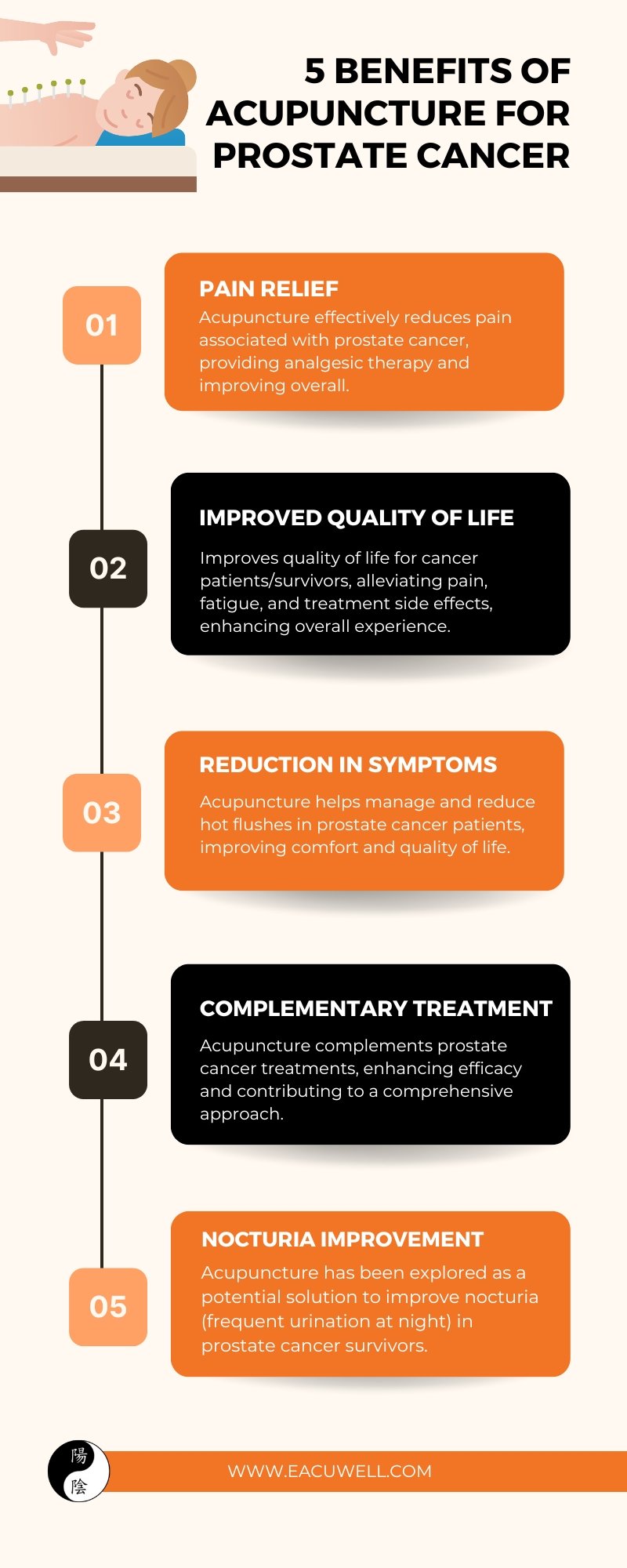An Unbiased View of Best Prostate Surgeon In Mumbai
Wiki Article
Prostate Cancer Cells Treatment: Surgical and Non-Surgical Approaches Explained
When encountered with a prostate cancer cells diagnosis, the array of treatment alternatives can seem frustrating. This thorough overview intends to drop light on the intricacies of prostate cancer cells therapy, offering insights right into the intricacies of each method to equip people in making informed options concerning their health.Surgical Therapy Options
When thinking about medical therapy alternatives for prostate cancer cells, people and healthcare companies commonly consider the advantages and threats linked with various treatments,. One usual medical approach is extreme prostatectomy, which involves the elimination of the entire prostate gland. This procedure is often recommended for people with local prostate cancer cells and offers the potential for a cure. However, extreme prostatectomy can result in adverse effects such as urinary system incontinence and erectile dysfunction.
One more medical alternative is robotic-assisted laparoscopic prostatectomy, a minimally intrusive treatment that utilizes a robot system to assist the specialist in getting rid of the prostate. This method can result in less blood loss, shorter healthcare facility keeps, and faster recuperation times contrasted to traditional open surgical treatment. It also lugs the threat of complications such as infection and injury to bordering organs.
Inevitably, the option of medical treatment for prostate cancer depends upon various factors including the phase of the cancer, the client's general health and wellness, and their choices pertaining to potential side impacts and recuperation times. Consulting with a multidisciplinary team consisting of urologists, oncologists, and radiation oncologists can assist patients make informed choices about the most suitable surgical approach for their private situation.

Non-Surgical Therapy Options
Taking into consideration choices to medical interventions, non-surgical therapy options for prostate cancer cells deal people added avenues for managing the condition while lessening prospective medical dangers. One non-surgical method is Active Security, where individuals with low-risk prostate cancer cells are kept track of closely with routine exams, blood examinations, and biopsies, without undergoing immediate treatment. This strategy aims to avoid unnecessary therapy and its affiliated adverse effects, such as urinary incontinence and impotence.One more non-surgical alternative is Radiation Therapy, which utilizes high-energy rays to kill cancer cells (best prostate surgeon in Mumbai). This treatment can be provided externally making use of a machine (Exterior Light beam Radiation) or internally via small contaminated pellets put near the growth (Brachytherapy) Radiation treatment can be made use of as a key treatment or in combination with various other treatments, such as hormonal agent therapy
Furthermore, Hormonal Agent Treatment is a non-surgical method that aims to lower the degrees of male hormonal agents (androgens) in the body, as these hormones can fuel the growth of prostate cancer cells. By blocking or decreasing androgen levels, hormonal agent therapy can reduce cancer cells progression and eliminate signs and symptoms in innovative cases.
Robotic-Assisted Surgical Treatment for Prostate Cancer

One of the vital benefits of robotic-assisted surgery for prostate cancer is its ability to minimize the risk of problems and side results commonly connected with open surgical treatment, such as blood loss, discomfort, infection, and prolonged recovery times. On the whole, robotic-assisted surgical treatment stands for a cutting-edge approach to prostate cancer therapy that combines technological developments with surgical expertise to maximize patient end results.
Radiation Therapy for Prostate Cancer Cells
Making use of innovative radiation technology, radiation treatment plays an important duty in the extensive therapy of prostate cancer cells. Radiation therapy makes use of high-energy radiation to destroy cancer cells and diminish tumors. It is an usual therapy alternative for prostate cancer, either as a main treatment or in mix with surgical treatment, hormone treatment, or radiation treatment.There are two major kinds of radiation therapy utilized for prostate cancer: exterior beam of light radiation treatment (EBRT) and brachytherapy. In EBRT, an equipment delivers radiation from outside the body to the prostate. This treatment is usually given over numerous weeks, with everyday sessions lasting just a couple of minutes (Best prostate cancer hospital in Mumbai). Brachytherapy includes positioning radioactive seeds or sources directly right into the prostate near the cancerous cells. These seeds produce radiation that eliminates the cancer cells in time.
Radiation therapy for prostate cancer is highly efficient, with high treatment prices, especially for localized cancer cells. It is also an important option for clients who may not be suitable candidates for surgery. Like any kind of treatment, radiation therapy may Best prostate cancer hospital in India have negative effects, such as urinary system problems, fatigue, and skin inflammation, but these are usually temporary and convenient.
Hormone Therapy for Prostate Cancer Cells
Hormonal agent therapy is a typically utilized therapy approach for prostate cancer cells administration. Prostate cancer cells is typically sustained by the male hormone testosterone. Hormone therapy, likewise referred to as androgen deprival therapy, aims to reduce testosterone degrees in the body or obstruct the hormone's results on the prostate cancer cells, hence reducing the illness's progression. This treatment is particularly effective in innovative stages of prostate cancer, where surgery or radiation therapy may not be sufficient.There are various kinds of hormonal agent treatment for prostate cancer, including medicines that reduced testosterone degrees (such as luteinizing hormone-releasing hormone agonists and antagonists), or medicines that obstruct testosterone from getting to cancer cells (like anti-androgens) Hormone treatment can be utilized alone or in mix with various other therapies like radiation therapy, depending upon the stage and aggressiveness of the cancer.
While hormone treatment can effectively regulate prostate cancer cells development, it might include negative effects such as hot flashes, loss of libido, impotence, and osteoporosis - Best prostate cancer hospital in Mumbai. Regular tracking and conversations with doctor are important to manage these side impacts and make sure the treatment's performance
Verdict
In conclusion, the therapy options for prostate cancer cells include non-surgical and medical methods such as robotic-assisted surgical treatment, radiation therapy, and hormone therapy. Each approach has its very own advantages and threats, and the choice of treatment depends upon numerous elements such as the stage of cancer cells and total health of the client. It is necessary for individuals to review these alternatives with their doctor to figure out the most suitable strategy for their specific scenario.
Utilizing innovative radiation modern technology, radiation therapy plays a critical role in the thorough therapy of prostate cancer cells. It is a common treatment choice for prostate cancer cells, either as a primary therapy or in combination with surgery, hormone treatment, or radiation treatment.
Radiation treatment for prostate cancer cells is highly reliable, with high treatment rates, specifically for localized cancer cells.Hormone treatment is a commonly made use of treatment strategy for prostate cancer monitoring.In conclusion, the therapy options for prostate cancer include surgical and non-surgical techniques such as robotic-assisted surgery, radiation therapy, and hormone treatment.
Report this wiki page